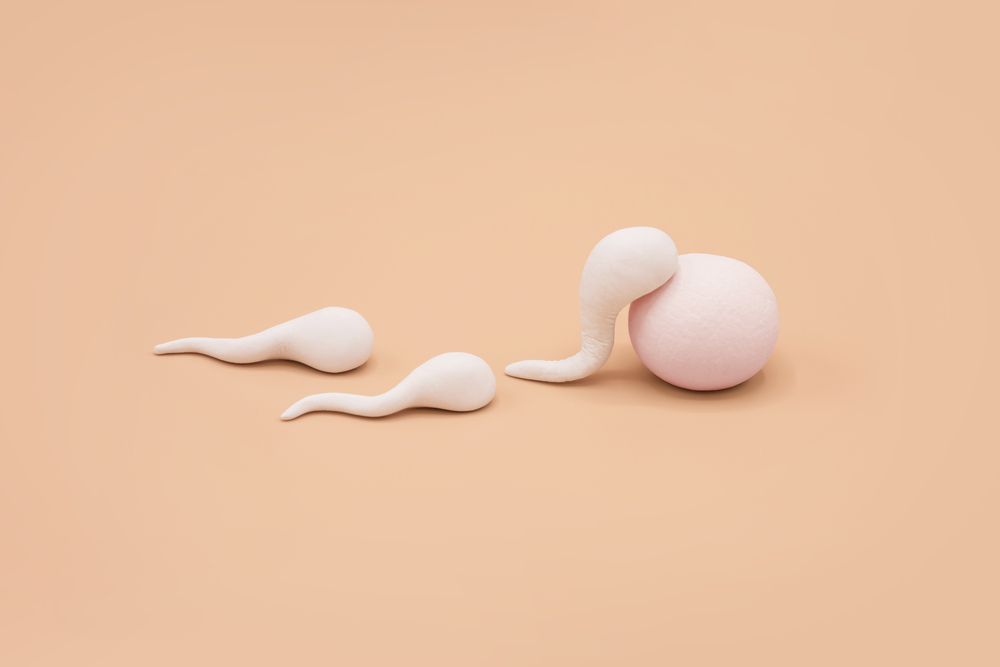Navigating the Path to Holistic Fertility Enhancement
In the quest for fertility, the synergy between body and mind plays a pivotal role, often transcending the boundaries of conventional medical approaches. The journey to parenthood, for many, is not just a physical process but a holistic journey that intertwines the physical, mental, and emotional aspects of health. “Holistic Fertility Enhancement: Uniting Mind, Body, and Spirit” is a comprehensive exploration into how these interconnected facets of our being can significantly impact fertility. This blog delves into the subtle yet profound ways in which our mental and emotional states influence reproductive health, offering insights and practical strategies for those seeking to enhance their fertility through a holistic lens.
As we embark on this journey, we uncover the intricate web of hormonal interplay influenced by stress, the profound effects of mental well-being on reproductive success, and the pivotal role of lifestyle choices in shaping our fertility landscape. From mindfulness and relaxation techniques to nutritional strategies and the importance of quality sleep, every aspect is scrutinized to provide a well-rounded understanding of holistic fertility enhancement.
The Beach House Goa stands as a beacon for those on this journey, offering a tranquil haven where one can immerse in a holistic fertility enhancement program. This serene retreat encapsulates the essence of this journey, providing a nurturing environment where mind, body, and spirit converge in harmony for optimal fertility.
Join us as we explore the multifaceted aspects of holistic fertility enhancement, shedding light on how integrating physical, mental, and emotional well-being can pave the way to achieving reproductive health and the dream of parenthood.
The Psychological Impact on Fertility
Hormonal Interplay
- Stress Hormones and Fertility: Chronic stress can lead to an imbalance in reproductive hormones. Elevated cortisol and adrenaline levels, common in prolonged stress, can interfere with ovulation and sperm production processes.
- Impact on the Menstrual Cycle: Stress-related hormonal imbalances can lead to irregular menstrual cycles, complicating the tracking of ovulation and fertile periods.
- Effect on Sperm Quality: Stress can lead to decreased testosterone levels and poorer sperm health, impacting fertility by reducing sperm count and motility.
Mental Health and Reproductive Success
- Emotional Well-being: Positive mental health is increasingly recognized as a contributor to fertility. A state of optimism and mental balance can create a hormonal environment conducive to conception.
- Stress and Conception Rates: Research highlights that lower stress levels are associated with higher conception probabilities. Stress management is thus critical in both natural conception and assisted reproductive technologies like IVF.
- Anxiety and Fertility Treatments: High anxiety can negatively impact the success rates of fertility treatments. Stress management techniques are thus vital for couples undergoing such treatments.
Addressing Psychological Factors in Fertility
Holistic Fertility Care
- Fertility clinics are incorporating mental health services, recognizing the impact of psychological well-being on reproductive success. This care includes counseling, stress management techniques, and holistic therapies.
Mindfulness and Relaxation Techniques
- Techniques like yoga and meditation not only reduce stress but also improve overall well-being, creating a positive impact on fertility.
Counseling and Therapy
- Professional counseling and cognitive-behavioral therapy (CBT) can be particularly effective in addressing the emotional challenges of infertility.
Stress Management for Enhanced Fertility
Mindfulness and Meditation
- These practices help in calming the mind and reducing stress. Mindfulness involves present-moment awareness, while meditation fosters inner peace, both contributing to a balanced hormonal state.
Exercise and Fertility
- Physical activity is a powerful stress reliever. Moderate exercises, such as yoga and pilates, not only reduce stress but also improve physical health, which is crucial for fertility.
Integrating Stress Management Techniques
Creating a daily routine that includes mindfulness, meditation, and physical exercise can have a profound impact on fertility. It’s important to tailor these practices to individual preferences and needs.
Nutritional Strategies for Fertility
Optimizing Diet for Reproductive Health
- A diet rich in key nutrients like folic acid, omega-3 fatty acids, antioxidants, iron, and zinc is essential for fertility. Balancing macronutrients and choosing complex carbohydrates over simple sugars is also important.
Hydration and Reproductive Health
- Proper hydration is crucial for hormonal balance and cell health, impacting fertility.
Dietary Adjustments
- Avoiding harmful substances like alcohol and caffeine and incorporating superfoods can enhance reproductive health.
The Role of Sleep in Fertility
Sleep Quality and Reproductive Health
- Sleep regulates critical reproductive hormones. Disruptions in sleep can lead to menstrual irregularities and impact sperm health.
Establishing Healthy Sleep Patterns
- A consistent sleep schedule and a conducive sleep environment are key to improving sleep quality.
Relaxation Techniques for Better Sleep
- Techniques like guided imagery and gentle yoga can facilitate better sleep, indirectly improving fertility.
Emotional Support for Fertility Challenges
Counseling and Community Support
- Emotional support through counseling and community engagement is essential for navigating the challenges of fertility issues.

